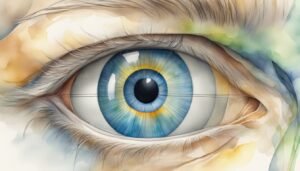How Much Caffeine is Dangerous? Unpacking the Jitters and Risks

TL;DR: Consuming over 400 mg of caffeine daily can be dangerous for most adults, leading to side effects like insomnia, nervousness, and more.
Research and findings related to human health, diseases, treatments, and the psychological aspects of health and wellness.

TL;DR: Consuming over 400 mg of caffeine daily can be dangerous for most adults, leading to side effects like insomnia, nervousness, and more.

The blind spot is a segment of the visual field lacking photoreceptors where the optic nerve connects to the brain.

Shaving does not make hair grow faster; it only appears thicker due to the blunt tips of the regrowth.

Science aims to unravel the complex interplay between genetics, environment, and lifestyle to determine how long humans can live.

mRNA vaccines leverage messenger RNA to instruct cells, changing how we view vaccination by teaching the immune system to combat pathogens.

Chewing gum has been associated with improvements in cognitive functions such as focus and memory.

Wegovy is a brand-name medication used for weight loss in adults with obesity or weight-related health issues, containing semaglutide to mimic a hormone for appetite control.

Gender dysphoria is a psychological condition characterized by distress from an incongruence between one's experienced/expressed gender and assigned sex at birth.

Increased temperatures can lead to the body working overtime to cool down through sweating, potentially causing fatigue, which can be alleviated by staying hydrated.

TL;DR: Both mothers and fathers can carry and pass on genetic variations associated with autism. The risk is influenced by genetics from both parents.